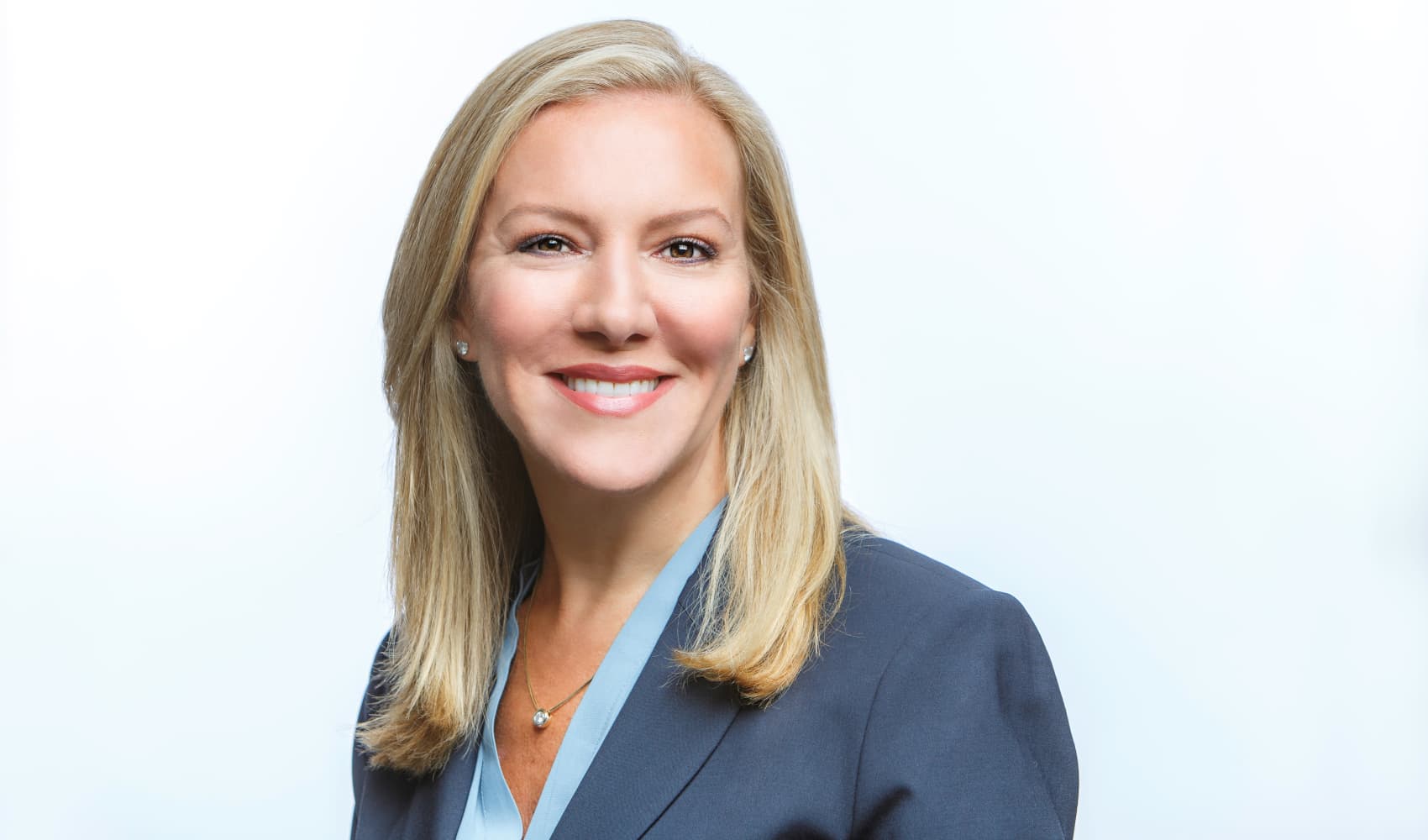
There are several numbers you should know to help you understand whether or not you're in good financial shape, including your credit score and the amount you have saved for retirement. Another figure you should be aware of: your net worth.
Your net worth isn't a reflection of how much you earn. Rather, it's the difference between your assets, including cash in checking and savings accounts, financial investments and the value of any real estate or vehicles you own, minus your debt, including credit card balances, student loans and mortgages.
Watch the video above to better understand why your net worth matters, and check out a full transcript below.
Why you should figure out your net worth ASAP
Get a weekly recap of the latest San Francisco Bay Area housing news. Sign up for NBC Bay Area’s Housing Deconstructed newsletter.
Jose Garcia, credit and personal finance mentor: Last time I calculated my net worth, I was at $580,000 or so.
Kara Stevens, finance coach and founder of Frugal Feminista: I'm almost a baby millionaire, because of my net worth.
José Hernández, chartered retirement planning counselor: If everything goes well, I should hit the six figures mark this year.
Money Report
Jose Garcia: If you're not building up your net worth and building up assets, you're always going to be working.
Narrator: How much are you worth? Whether you're earning money, spending it or saving it, it's important to know your net worth.
For folks under 35, the average net worth is $76,300. But the median net worth is only $13,900. Where do you fit in? Understanding all of this can help you reach your money goals.
Here's why knowing your net worth matters.
Douglas Boneparth, president and founder of Bone Fide Wealth: What's interesting about net worth is that you could look like you're worth a million bucks. But in reality, everything you own could be leveraged or have a loan associated with it. We call that all flash, no cash.
Net worth is simply taking the things that you own — assets — and subtracting the things that you owe, or liabilities.
Assets are everything from cash that you may have in your checking and savings account and investments in your brokerage account. It could be your house, your car, basically anything that's worth value.
Liabilities are the things that you owe, typically loans like automobile loans, student loans and your mortgage.
Winnie Sun, managing partner, Sun Group Wealth Partners: When I was younger, I wasn't really thinking about how much I own and how much I still owed. But it would have been super powerful, because if you do know where you are, next time you're at the mall, or next time you're online, you might not spend money on something that you really don't need.
Tasha Cochran, co-founder of One Big Happy Life: Here at One Big Happy Life, we first started publicly tracking our net worth in 2017. And our net worth was negative $77,000.
We wanted to show people, using net worth, that you can have debt and build wealth and see that number increase over time.
Over the past four years, our net worth has increased over $500,000. And the way that we've increased our net worth has been primarily focusing on making sure that we're putting a good chunk of money every month towards building our wealth.
Avoid a negative net worth
Douglas Boneparth: It's important to track your net worth so you know how you're doing financially and whether or not your wealth is increasing or decreasing.
It's very possible to have a negative net worth. This means you owe more money than assets that you own.
Jose Garcia: Ninety-five percent of the people that I've worked with have a negative net worth, right? They have nothing invested. They just have a house, a car, all these things that are liabilities.
If something doesn't pay you cash flow, or isn't appreciating, to me it's not an investment or an asset.
Winnie Sun: I would love to see you reach at least savings of one year of your salary by the time you reach age 30. And above that, continue to build bit by bit, because that sort of sets your tone for financial wellness and financial independence. The more you can save, then the more you can grow as well.
How to increase your net worth
Kara Stevens: If you're seeking to get to your dream net worth by the age of 40, you can totally do it. Just keep these things in mind: Continue to invest in yourself and really invest in your relationship with money. Stay away from debt that you don't need to take on.
Douglas Boneparth: The best ways you can increase your net worth are:
- First, master your cash flow. Know how money comes in and out of your life.
- The second thing you can do is be consistent with your savings. The goal here is to accumulate assets, not liabilities, or spend the money that you're making so you can't invest in the first place.
- And the third thing is to regularly invest your money in appreciating assets. Regularly invest in the market using index funds or contributing to your 401(k), or simply saving cash in your savings account. Don't accumulate more debt and don't spend every dollar you make, or you'll never get ahead.
John Henry, co-founder and co-CEO of Loop: While you're in your 20s, your 30s, your 40s, let's take that little bit of surplus cash, and instead of investing and stashing it away so that you maybe have something 40 years from now, let's invest it right now into our craft — right now, and develop our ability to earn more money, so it doesn't take you three months to save five grand, it takes you two days to make five grand.
Douglas Boneparth: A lot of improving your net worth is easier said than done. It takes patience. It takes dedication. And it takes caring about your own financial life in order to get ahead.
Sign up now: Get smarter about your money and career with our weekly newsletter
Don't miss: Here’s the net worth Americans say you need to be considered wealthy






